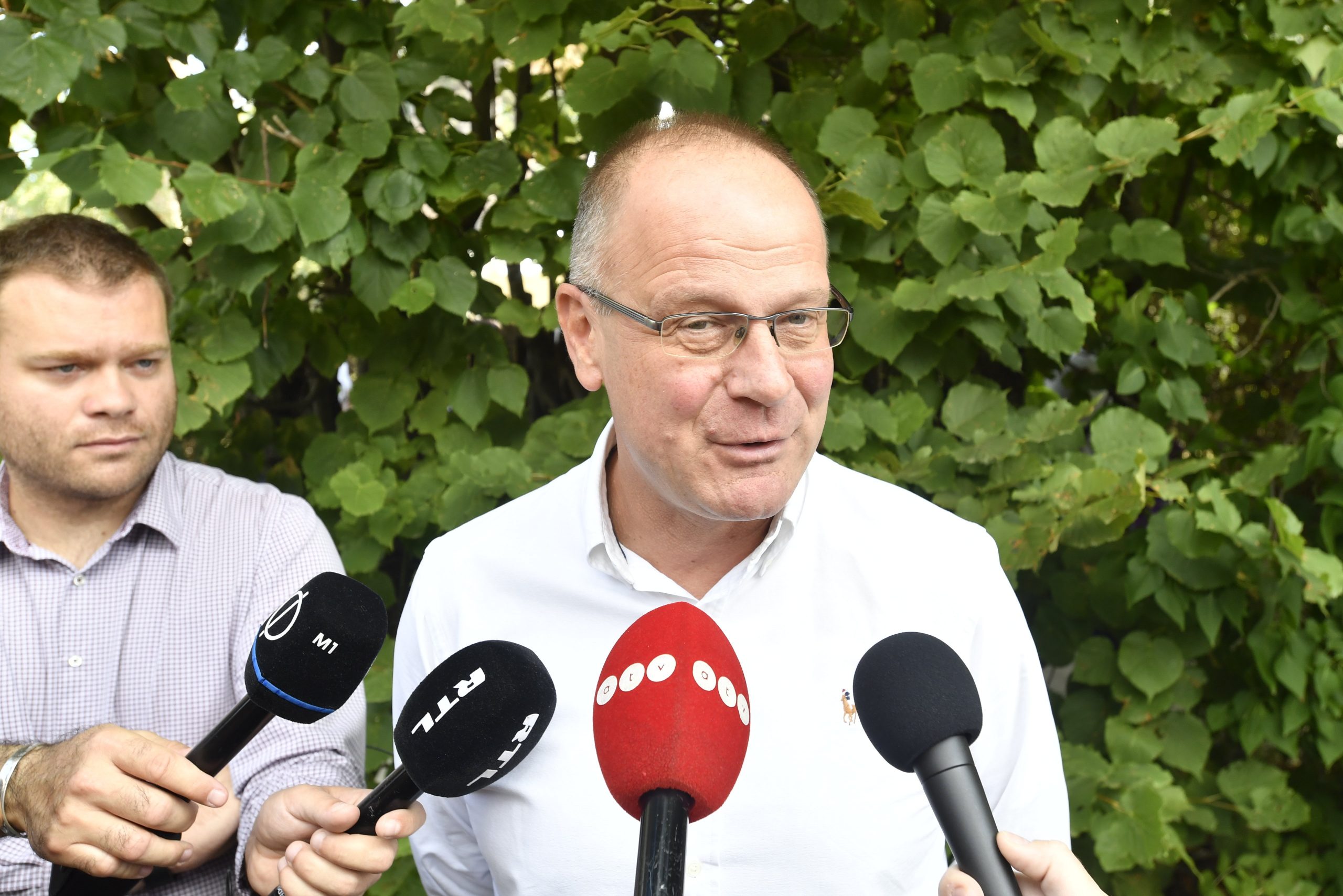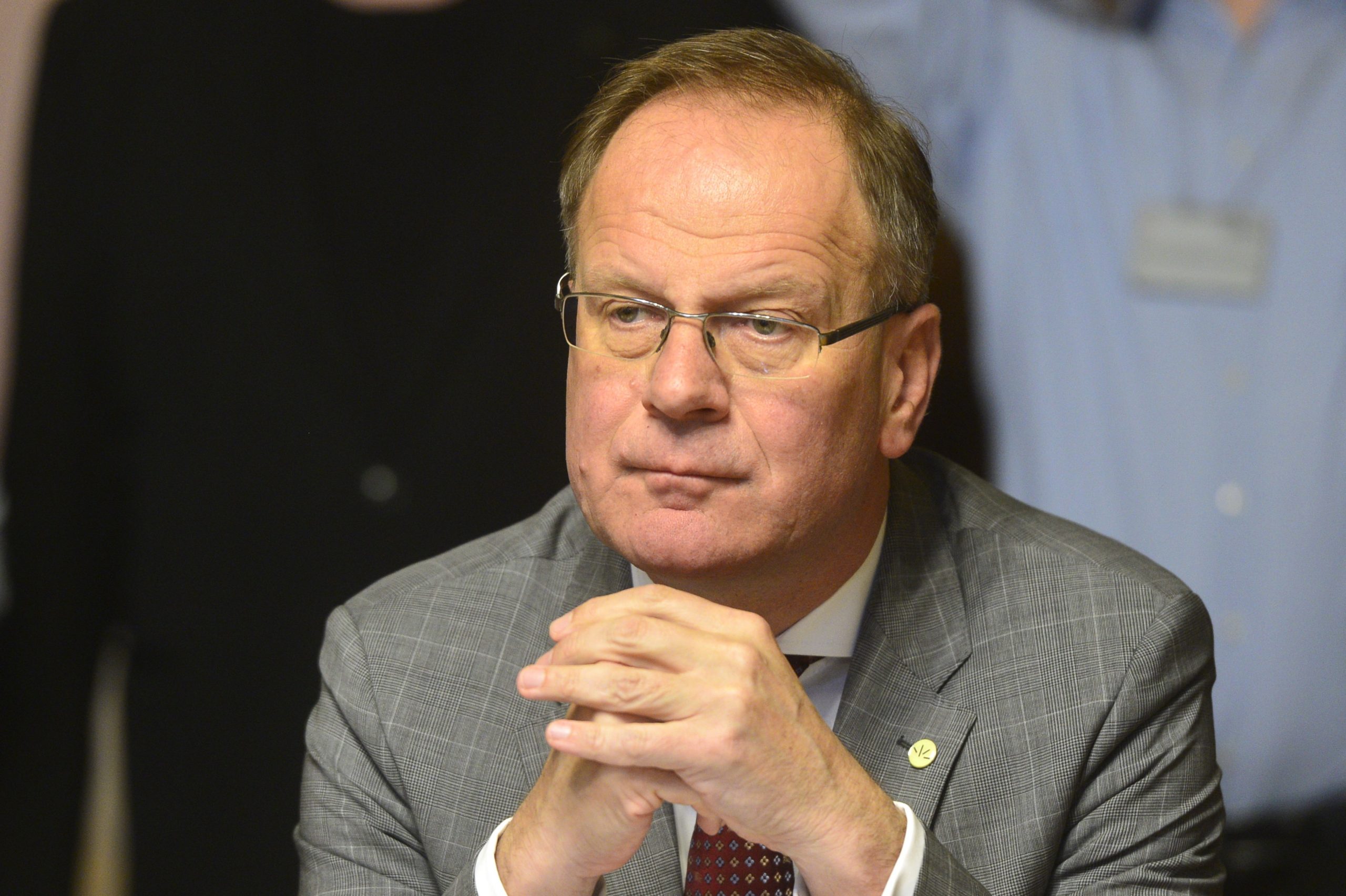
Endeavors are needed so that Hungary and the EC can get to the stage of signing partnership agreements on the financing of EU operative programs, Navracsics said.Continue reading

In an interview with InfoRádió’s Aréna program, the minister responsible for regional development and the use of EU funds talked about the background to the decisions currently being taken in Brussels and the Hungarian government’s stance. Tibor Navracsics called the recently proposed motion of no confidence against EC President Ursula von der Leyen a dangerous sign.
Earlier this week, three senior MEPs of liberal Renew Europe called for a vote of no confidence in the European Commission of President Ursula von der Leyen after the Commission had given the green light to Poland’s COVID-19 recovery plan. The bloc had initially withheld the EUR 36 million plan from Warsaw as the EC argued that the country failed to uphold the rule of law. Members of the Renew Europe group believe that Warsaw should not receive a penny of the recovery fund until it has implemented all the judgments of the EU Court of Justice relating to respect for the rule of law.
Navracsics fears that if the European Commission is unable to resist this pressure, Hungarian negotiations on EU funds could also suffer, the minister said.
In the case of Hungary, the minister without portfolio believes there is no reason to be concerned about a motion of no confidence in the EU for the time being.
Negotiations are ongoing on the interpretation of concepts and interpretation disputes, he said.
There are three ongoing procedures against Hungary in Brussels, one of which is the Article 7 rule of law procedure. Should this proposal be approved, EU funds to Budapest will be suspended, even though the minister noted that Hungary has not even received the funds in question.
“Hungary is a member of the EU, therefore it is entitled to EU funds, nobody disputes that. The negotiations on judicial reform have been concluded. In the justice scoreboard, Hungary is in the middle of the pack. On single-participant public procurement, negotiations are taking place at a technical level,” he stressed.
Tibor Navracsics considers it unlikely, but he did not rule out the possibility that the EU will also decide on a ban on Russian gas imports, because today in the EU, the decision on Russian sanctions is based on “emotional solidarity.”
He added, however, that gas is a more sensitive issue than oil, with several European countries concerned. He also added that the EU could impose a safeguard or punitive tariff on the price difference between Russian and Brent oil.
Featured photo by Attila Kovács/MTI